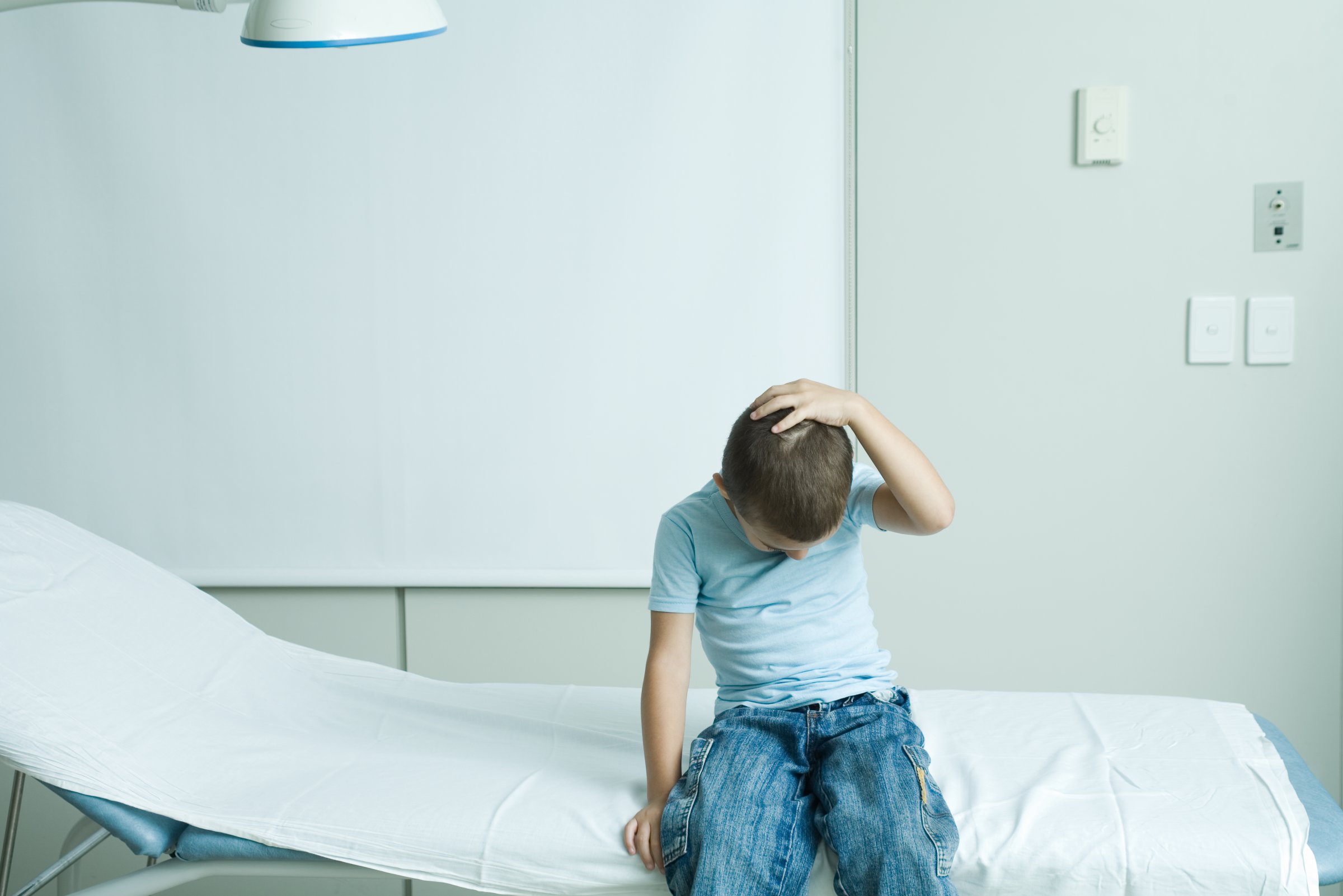
The American Academy of Pediatrics (AAP) is recommending that pediatricians start assessing children for their poverty status. The screening begins with a single question — asking parents whether they have difficulty making ends meet at the end of the month.
One in five U.S. children live in poverty, and the academy says that there is growing evidence that the stress of not having safe and secure housing, regular meals and a stable home environment can lead to significant health problems.
“We know children living in poverty have more chronic disease, more severe chronic disease, and have poor early brain development which can impact them when they get to school, and lead to poor academic performance,” says Dr. Benard Dreyer, president of the AAP. “Pediatricians deal on a daily basis with the intersection between poverty and health and the well being of children. They understand that they actually aren’t separate.”
MORE: Why We Don’t Talk About Rural Poverty
The new recommendation, published in the academy’s journal Pediatrics, formalizes the process and make it easier for doctors who aren’t sure about how to address the issue. The screening doesn’t have to be performed by the doctor, but can be part of a checklist that parents fill out while waiting for their well child visit, or, in larger practices, could be conducted by a quick interview with office staff or social workers.
The recommendation also provides guidelines to help pediatricians connect families who might be struggling to the proper resources, from local housing bureaus to food pantries and job listings. The hope, says Dreyer, is to help the 50% of families who currently qualify for additional support but aren’t getting it to access the resources they are entitled to. “Many pediatricians are already doing this, and helping families who have been evicted or connecting them to local food pantries. What we want to do is to give them more resources,” says Dreyer.
MORE: We Are Measuring Childhood Poverty Wrong
With the recommendation, the academy is also urging state and federal lawmakers to expand existing housing, food and health programs. “In order for kids to thrive, we recognize that the community, family and social aspects of their existence may be even more important than many of the medical things they may be dealing with,” says Dreyer. “Poverty is the most serious non communicable disease that children have — and it’s the most common.”
More Must-Reads From TIME
- The 100 Most Influential People of 2024
- The Revolution of Yulia Navalnaya
- 6 Compliments That Land Every Time
- Stop Looking for Your Forever Home
- If You're Dating Right Now , You're Brave: Column
- The AI That Could Heal a Divided Internet
- Fallout Is a Brilliant Model for the Future of Video Game Adaptations
- Want Weekly Recs on What to Watch, Read, and More? Sign Up for Worth Your Time
Contact us at letters@time.com